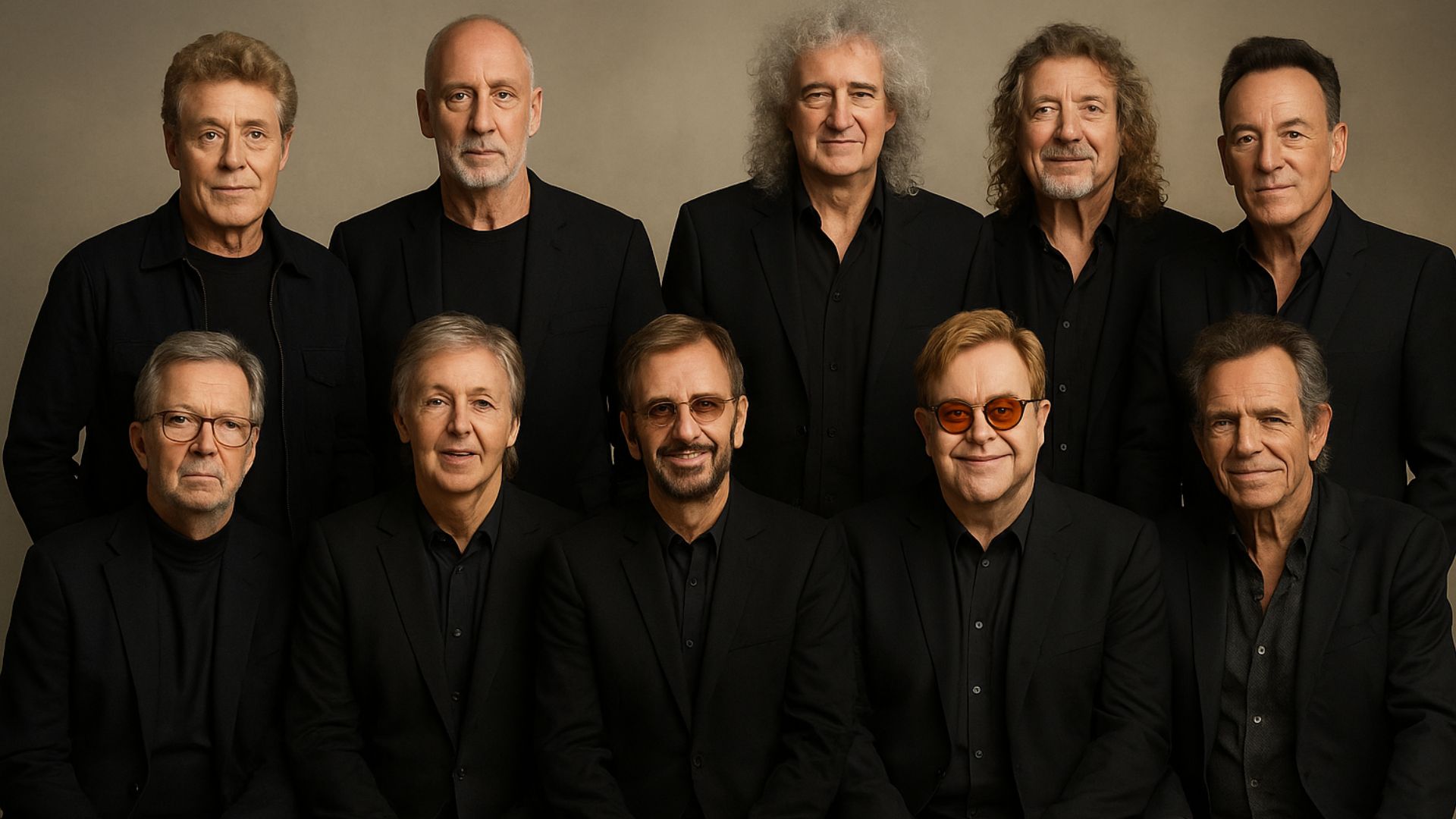
When The Beatles released “Don’t Let Me Down” in 1969, it wasn’t just another love song — it was a raw, unfiltered plea. Written by John Lennon as a declaration to Yoko Ono, the track carries an intensity that strips away polish and lays bare the fragility of love. Backed by Paul, George, and Ringo, John’s voice becomes almost confessional, making the song one of the band’s most emotionally direct recordings.
From the very first words — “Don’t let me down” — Lennon’s vocal is urgent, rough-edged, and vulnerable. It’s not the smooth pop perfection of earlier Beatles love songs; it’s desperate and human, as though he’s laying his heart entirely in someone else’s hands. His cry is both a request and a risk, acknowledging the terrifying possibility of love’s collapse while holding on to its transformative power.
Musically, the song is anchored by Billy Preston’s soulful electric piano, which adds warmth and gospel-like richness. Paul’s harmonies lift John’s rawness, while George’s guitar lines punctuate with sharp clarity. And Ringo, steady as always, gives the song its heartbeat, grounding the intensity with an unfaltering rhythm.
The rooftop concert performance in January 1969 turned the song into something legendary. With the London sky above and the city streets buzzing below, Lennon sang as if the whole world needed to hear his plea. There’s a sense of urgency in that performance — imperfect, live, and brimming with truth — that captures the very essence of what “Don’t Let Me Down” is about: love as risk, as surrender, as the most human of vulnerabilities.
What makes the song so enduring is its honesty. Unlike polished ballads that promise forever without doubt, “Don’t Let Me Down” admits fear. It shows love not as a fairytale, but as a leap of faith. That honesty is what makes it one of Lennon’s most powerful Beatles contributions and why it still resonates so deeply today.
In the end, “Don’t Let Me Down” is more than a love song — it is a confession, a plea, and a reminder of what it means to truly give yourself to someone else. In its rawness and imperfection, it becomes perfect: the sound of love at its most vulnerable, immortalized by four men on a London rooftop.